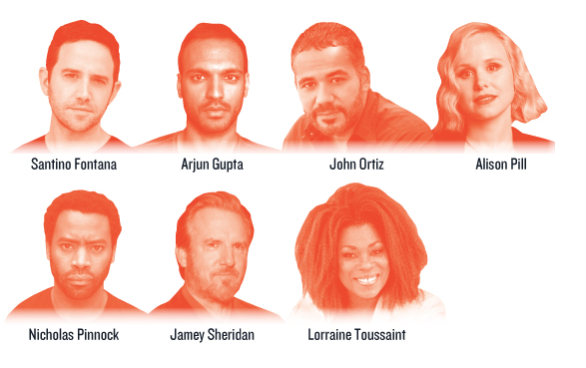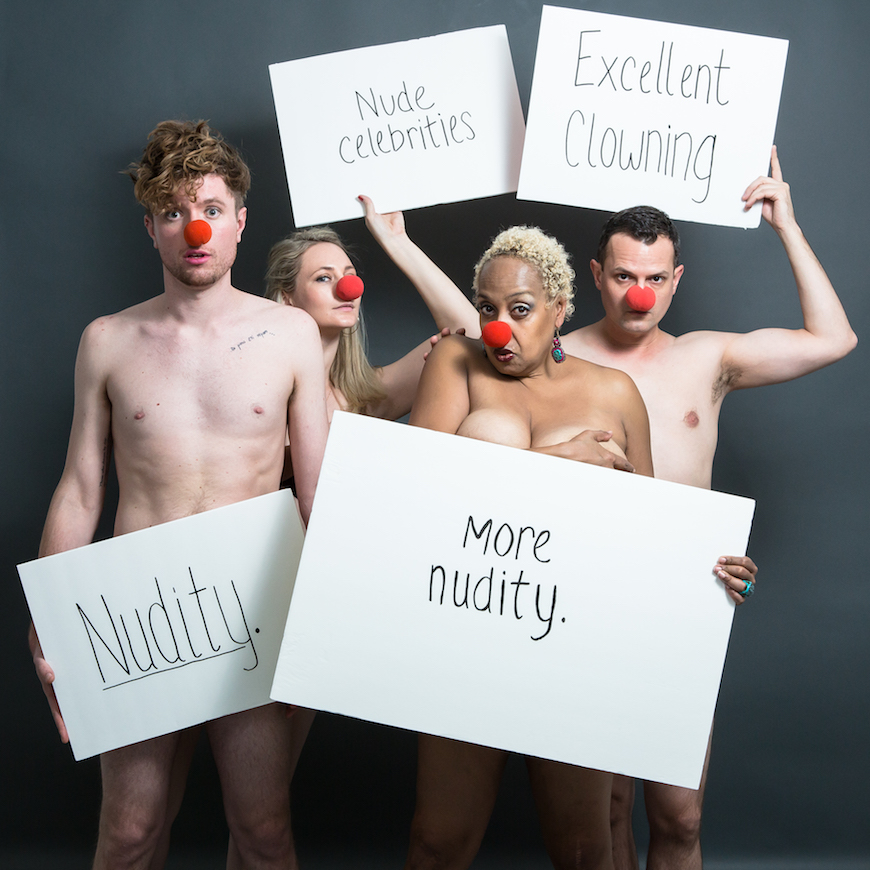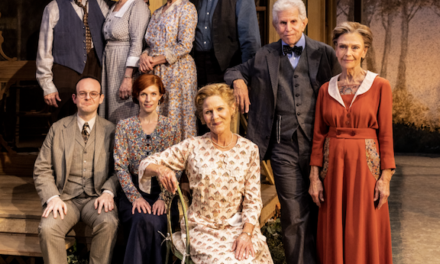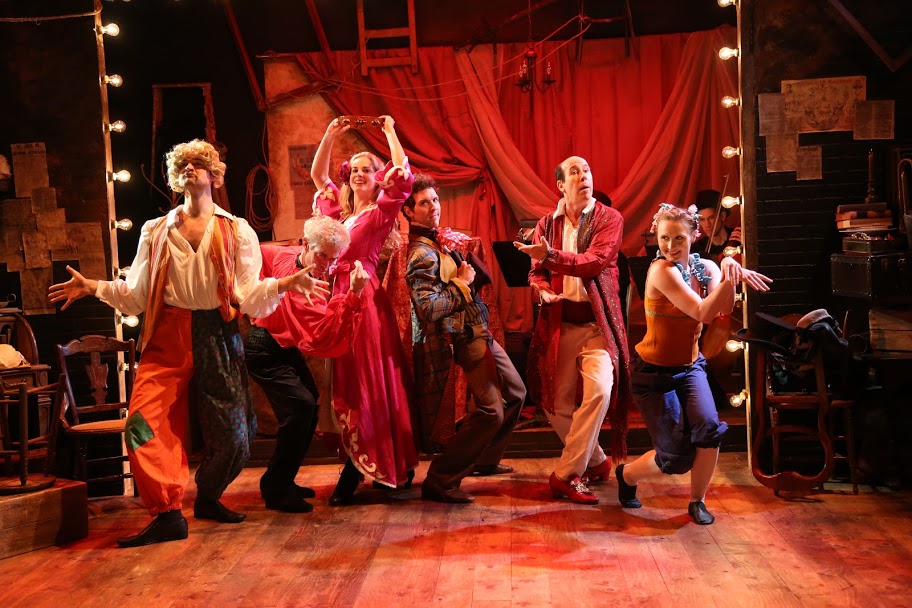
by Carol Rocamora
Oscar is a paramedic. Sharon works in a geriatric ward. Jennifer is a first year intern. David works in an Intensive Care Unit. Vikram is an Emergency Room physician. Ed is also a paramedic. Dwight is a nurse.
Meet the courageous first responders to the COVID-19 pandemic in New York City. Although those are not their real names, the first accounts of their heroic efforts this spring come from true front-line fighters, transcribed by Jessica Blank and Erik Jensen for their shattering new on-line ZOOM-formatted play, The Line. Prepared to be weeping and cheering alternatively for these heroes – but don’t dare call them that. Says Ed: “I hate that word. People just did their job.” Says David: “Now we’re heroes? What the f*** do you think we were doing before?”
As the theatre struggles valiantly to stay alive and relevant in the age of COVID, Blank and Jensen’s documentary style (The Exonerated, The Aftermath, Coal Country) has found an ideal form in ZOOM. In The Line, they’ve divided their gripping hour-long piece into three parts, each featuring testimony from these diverse workers who are dedicated far, far beyond the call of duty.
In the first part, we learn what motivated them to become health-care professionals (representing a cross-section of our population). Oscar (middle-aged, Hispanic) (John Ortiz), who quit high school at 16, began driving an ambulance after 9-11. Sharon (black) (Lorraine Toussaint), a Harlem resident, knew since she was 11 that she wanted to help people (”I fell in love with the ‘gerries’”!) Vikram (first generation Indian-American) (Arjun Gupta), wanted to work with people without insurance – “I love taking care of them.” Ed (white, middle aged) (Jamey Sheridan) served in Viet Nam as a paramedic. (“They go back to Napoleon,” he says proudly). Dwight (Trinidadian) (Nicholas Pinnock) worked in a cancer hospital for 22 years before fighting COVID. And so on.


In the second 20-minute segment, as they tell their harrowing stories, the pace quickens in its urgency. Jennifer (white) (Alison Pill) works nights at an understaffed, ill-equipped hospital in Brooklyn, serving poor, Caribbean-born patients. Oscar can’t handle the number of ambulance calls (7,000 daily). Sharon loses half of her geriatric floor to COVID. Vikram works 15-hour shifts, traveling on subways “full of black and brown people, and homeless begging for food.” Dwight cleans the rooms of the COVID patients (“we did what we had to do.”) “We ran out of oxygen,” Alison says. “I felt I was in another country – in a war, with no support, where nobody cared.” Oscar heard “cardiac arrest” called out 5 times in an hour. “I was used to seeing death, but in that amount? It was like catching bodies.” “No one is there to hold your hand,” says Dwight, as he and others give heartbreaking accounts of patients dying alone, while they have to deliver the news to their families.
Any personal issues these dedicated workers have are put aside. David (white, Jewish) (Santino Fontana) describes how he lied to his uncle (dying of COVID), telling him he’ll be all right, while watching his own patients die. “Being an actor [his former career] made me a better nurse.” Sharon herself gets COVID (“I’ve never been so sick in my life”) but returns to work as soon as she can.
In the final 20-minute segment, we hear their pleas for a better world. “If you really want to help, give patients health care, not fly WMDs over people who are trying to help people,” begs Vikram. “COVID is a collective experience. Our economy has been on the backs of the black and brown people who couldn’t escape vulnerability…”
But they also offer expressions of faith and hope. Says Oscar: “You gotta treat everyone like they’re your family. So for everyone I work on, I say a prayer.” Says Ed: “Salvation is there… There are still some decent people in the world… Coming into work is a profound act of humanity. The mailmen, food workers, everyone who did their job – they’re part of that chain.”
And finally, there’s love for the city they serve: Says Vikram: “New York is everything – love, frustration, sadness, loneliness – it’s super-complex, bitter, sweet, rich. I love New York – New York is real.”
Together, these portraits form a composite of what it means to be a compassionate, dedicated, selfless human being. They will move you to the core. The Line is a tribute to the profound, matchless humanity of those who serve in the time of crisis.
The Line, written by Jessica Blank and Eric Jensen, directed by Jessica Blank, now streaming on the Public Theater YouTube channel through August 4.





















